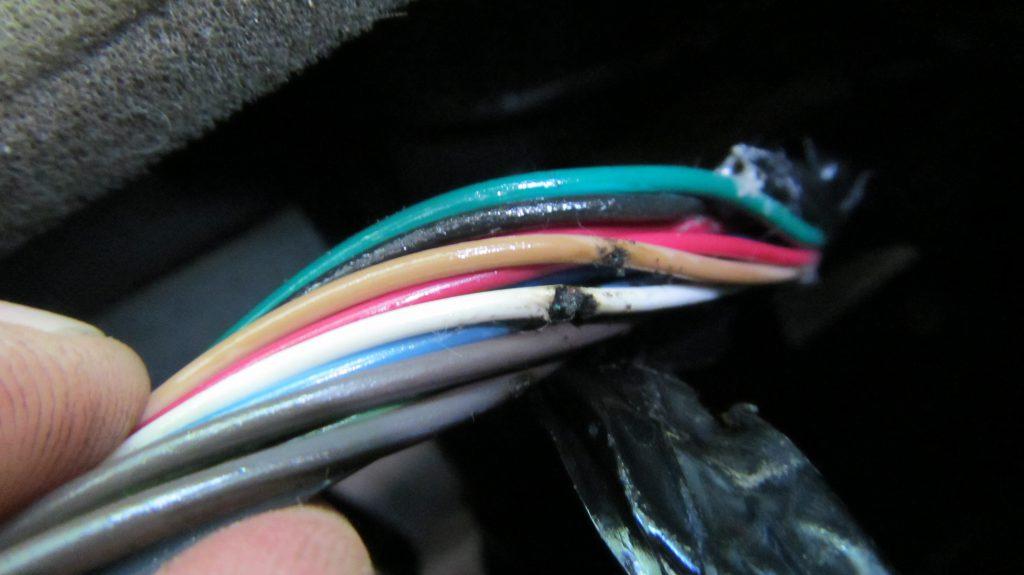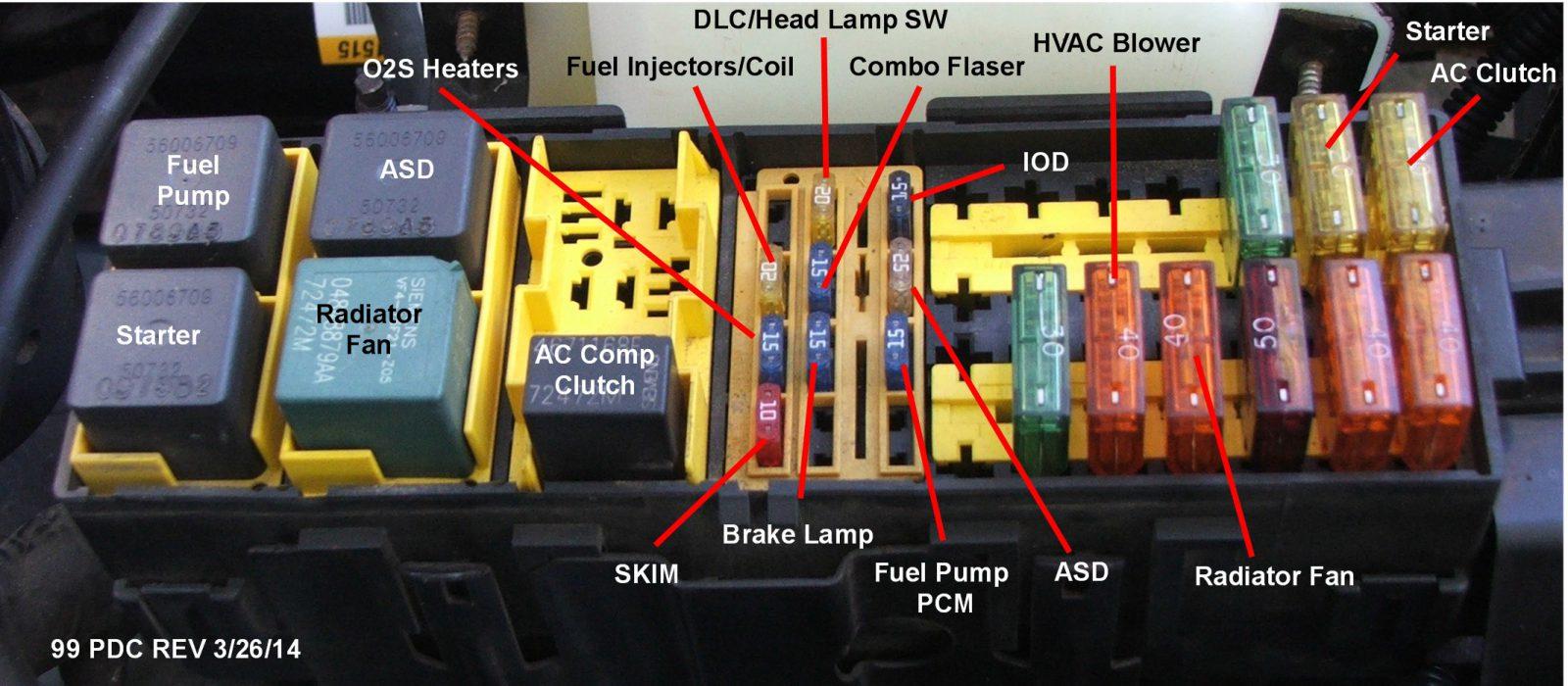Are the car’s lights, wipers, radio, or any component, which requires a certain amount of electric energy doesn’t work often? The reason could be that why does my fuse keep blowing in car. No doubt, it’s quite easy to find and fix this fault.
However, to prevent such issues from occurring shortly, it’s wise to follow its maintenance tips because this could prevent both, the frequent fuse blown-ups and component damage in the process.
Why Does My Fuse Keep Blowing in The Car?
Every vehicle equipped with the fuse box has it somewhere hidden within the glove box, below the steering column, or near the feet area. This safety box comprises fuses with strips of wire, which melt during the excess current flow in the circuit.
Usually, the mechanics these days, replace the faulty fuse without looking further into the causes of its occurrence. As a result, the fuse keeps blowing in the car often. So, if you wish to get rid of this problem from its roots, consider looking for the culprits causing the continual blow of the same fuse in the car.
1. Incorrect fuse size or damaged amplifier
When the wires of the amplifier are connected in the wrong fuse or being tossed in the vehicle, it damages the internal structure of the component and causes the fuse to blow up as soon as the power is supplied.
Otherwise, it would end up damaging the car’s components by causing a fire in the electrical system of the vehicle. So, whenever the amplifiers are installed, check the power wire and the fuse opening to avoid any sort of damage.
2. Resistance
The damaged power wire or the one lesser in diameter causes the abundance of resistance. As a result, the amp has to work hard, resulting in more heat in the system, which let the fuse, keeps blowing in car.

Therefore, to maintain the internal safety of the amplifier, you need to make sure that less heat is generated. And in this regard, keep the wire at least 10 gauge in size, irrespective of the power rating so that electric current flows easily into the system.
Read more:
3. Inappropriate connection with the ground
Spikes could cause the fuse to pop if the wires are damaged or the ground chord is not connected properly. Therefore, to prevent this problem, trace the connection of the ground wire (usually black) to the chassis and check for any damage that could cause any hindrance.
However, if the chords appear decent; look at the connection point, where the wires may be loose. Next, fasten them slightly, or else it will shut off the amplifier or cause the fuse to blow.
4. Grounded power wire
In case the power wire (responsible for the hot connection) that is attached to the battery is grounded, then the fuse keeps blowing in car. This one specific fuse is embedded for the pop-up purpose only so that the amplifier stays intact in the process.

After knowing the actual reasons of fuse blown up, it’s wise to consult the vehicle’s manual first (for a better understanding of the fuse design and location in your car).
How to fix a car keep blowing fuses:
How To Fix A Fuse That Keeps Blowing In Your Car?
When your car has to operate continuously for a long time, it can cause the engine to overheat and cause a fire, at which point the fuse will automatically disconnect to protect the electrical system. However, if the fuse blows in the middle of the road, it will affect the vehicle’s performance, causing a risk to the driver while on the road. Therefore, to avoid problems, drivers need to be equipped with the basic knowledge of how to handle blowing fuses:
Locate the fuse box
Generally, the fuse box is usually located under the hood or vehicle dashboard. However, there are also some models that are equipped by the manufacturer with more than 2 fuse boxes, but the exact location is not specified. In this case, the drivers can find the area near the car’s engine or battery and see that the fuse box is gray or black and labeled on the outside.
Identify the error fuse
The driver needs to lift the latch on the side of the fuse box to loosen the cover, then check inside the cover to clearly understand the diagram of the devices controlling each fuse.\
Check for short circuits
If the wiring and components appear to be in good condition, the next step is to check for short circuits. A short circuit occurs when a hot wire comes into contact with a ground or another wire. This can cause the fuse to blow repeatedly. Carefully inspect the wiring harnesses and connections for any signs of wires touching each other or the vehicle’s body. Use electrical tape or a wire loom to cover and insulate any exposed or bare wires.
Replace blowing fuses
The process of removing the fuse is quite simple and does not take much time. It’s crucial to use the correct amperage fuse to prevent further damage to the electrical system. The amperage rating is usually printed on the fuse itself or in the owner’s manual.
Test the system
Turn on the car’s ignition and test the system associated with the repaired fuse. If the fuse no longer blows and everything is functioning properly, you have likely resolved the issue.



